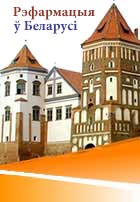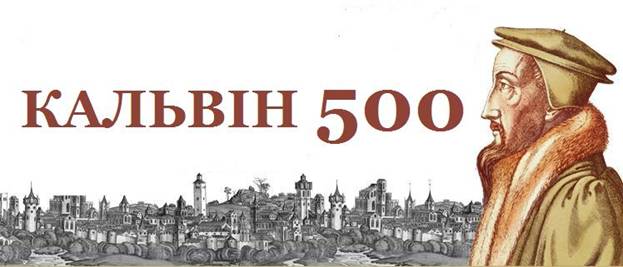| HISTORY |
|
The Orthodoxy in the Grand Duchy of Lithuania and Protestants of Belarus
proceed::
The "brain drain" from the Grand Duchy of Lithuania during the second half of the 17th century
At the time when the process of the formation of the modern ethnical cultures in Eastern Europe started, Lithuania and Belarus lost their nobility and burghers - potential elite of this movement, because they adopted Polish identity. One of the historical reasons of this process was the "brain drain" from the country in the second half of the 17th century. The brain drain from the Grand Duchy of Lithuania (the GDL) happened for a number of reasons. Among them, there was the success of the Counter-Reformation and the co-operation of the Protestant nobility with Sweden. The article is the first attempt to analyze this phenomenon as a whole
The Belarusian Reformation
The Book of Proverbs says, "When the righteous increase, the people rejoice." These are not simply words, but a spiritual law. Every area of a person's life as well as life in the society depends on their spiritual condition, and the history of Belarus is a graphic example of how this law works. When the righteous were increasing in this country life in Belarus was good and flourishing. It is the 16th century, the age of Reformation, which went down in history as the Golden Age of Belarus
The Heavenly Fire.
A study of the origins of the Byelorussian New Testament and Psalms
In the White Russian people a fire is burning, which can become very perilous; let us put out a hellish fire by means of the heavenly .fire of Our Lord Jesus. Let us give the White Russian people the New Testament with Psalms in the White Russian language!
|
 |
 |
 |
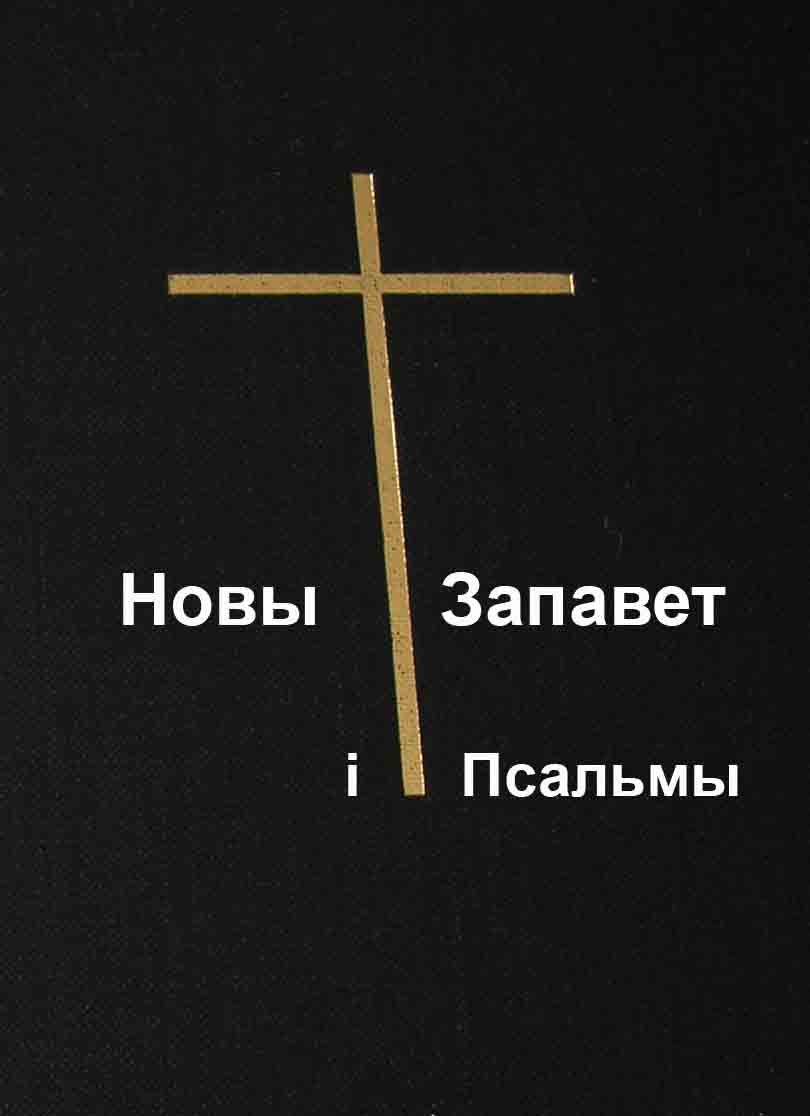
|
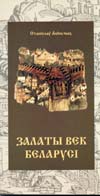 |
 |
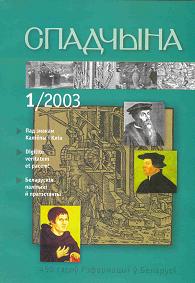
|
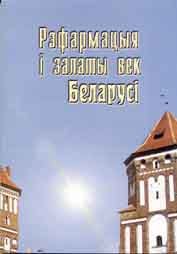
|

|
